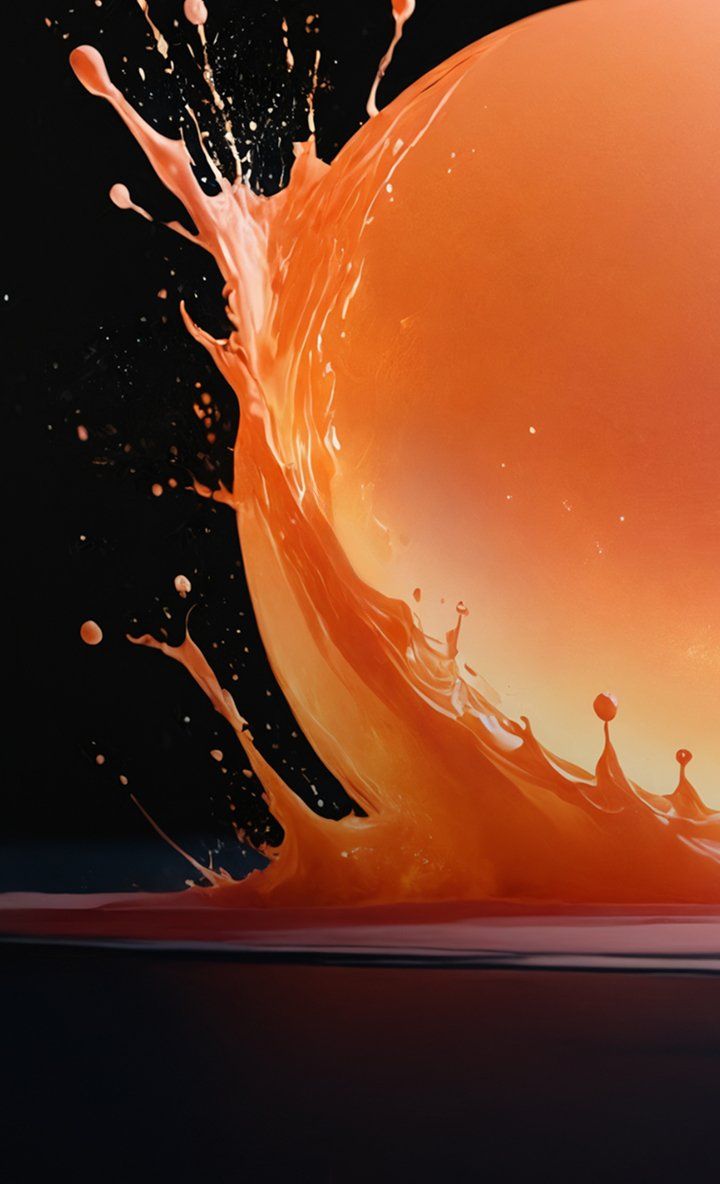Stability AI Debuts 3D Video Generation Breakthrough With Stable Virtual Camera

Stability AI Revolutionizes 3D Content Creation With Open-Source Video Tool
Stability AI has launched Stable Virtual Camera, a transformative AI model that converts 2D images into immersive 3D videos with cinematic camera movements, marking a major leap for accessible volumetric content creation. Unlike Google's Veo 2 which generates 8-second 2D clips The Verge, this open-source solution enables 1,000-frame 3D sequences from single images, empowering filmmakers and marketers to create professional-grade content without specialized equipment.
Technical Innovation
The model supports 14 dynamic camera paths including 360° rotations and dolly zooms, generating videos in multiple aspect ratios (1:1, 9:16, 16:9) through innovative multi-view diffusion. Early tests show 40% faster processing than traditional NeRF-based methods ComfyUI Wiki, though human subjects and dynamic textures remain challenging.
Commercial Implications
Brands can now produce product visualizations from single photos, while VR developers gain rapid 3D environment creation. Stability AI's decision to open-source the model on GitHub contrasts with Midjourney's closed V7 video tools, potentially accelerating industry adoption. However, the 1,000-frame limit and occasional flickering artifacts suggest enterprise users may need complementary tools for longer sequences.
Strategic Impact
This release intensifies competition in AI video generation, challenging Runway's $300M-funded platform and OpenAI's Sora model. With 78% of marketers planning to increase 3D content budgets in 2025 Market.us, Stability AI positions itself as the open-source alternative for studios seeking customization. The technology's non-commercial license currently limits immediate revenue potential but establishes crucial developer mindshare.
Social Pulse: How X and Reddit View Stable Virtual Camera
Dominant Opinions
-
Pro-Innovation (65%): @AlejandroFranceschi: 'This democratizes 3D content creation - imagine indie devs making AAA-quality cinematics from concept art' r/MachineLearning post: 'Open-source video gens finally catch up to closed systems - code quality looks production-ready'
-
Technical Skepticism (25%): @CGI_ArtistPro: 'Until it handles human movement properly, Hollywood won't care. Water simulations look like 2010 physics' r/VideoEditing thread: 'Tried the HuggingFace demo - outputs glitch when panning across detailed textures'
-
Ethical Debates (10%): @AI_EthicsWatch: 'Another deepfake tool masquerading as creative aid. Where's the content authentication?' r/Futurology discussion: 'Combine this with Apple Vision Pro and we're redefining reality itself - need guardrails'
Overall Sentiment
The community celebrates increased accessibility to 3D tools but demands better human motion handling and content verification features. Developer enthusiasm for the open-source approach contrasts with professional creators' quality concerns.